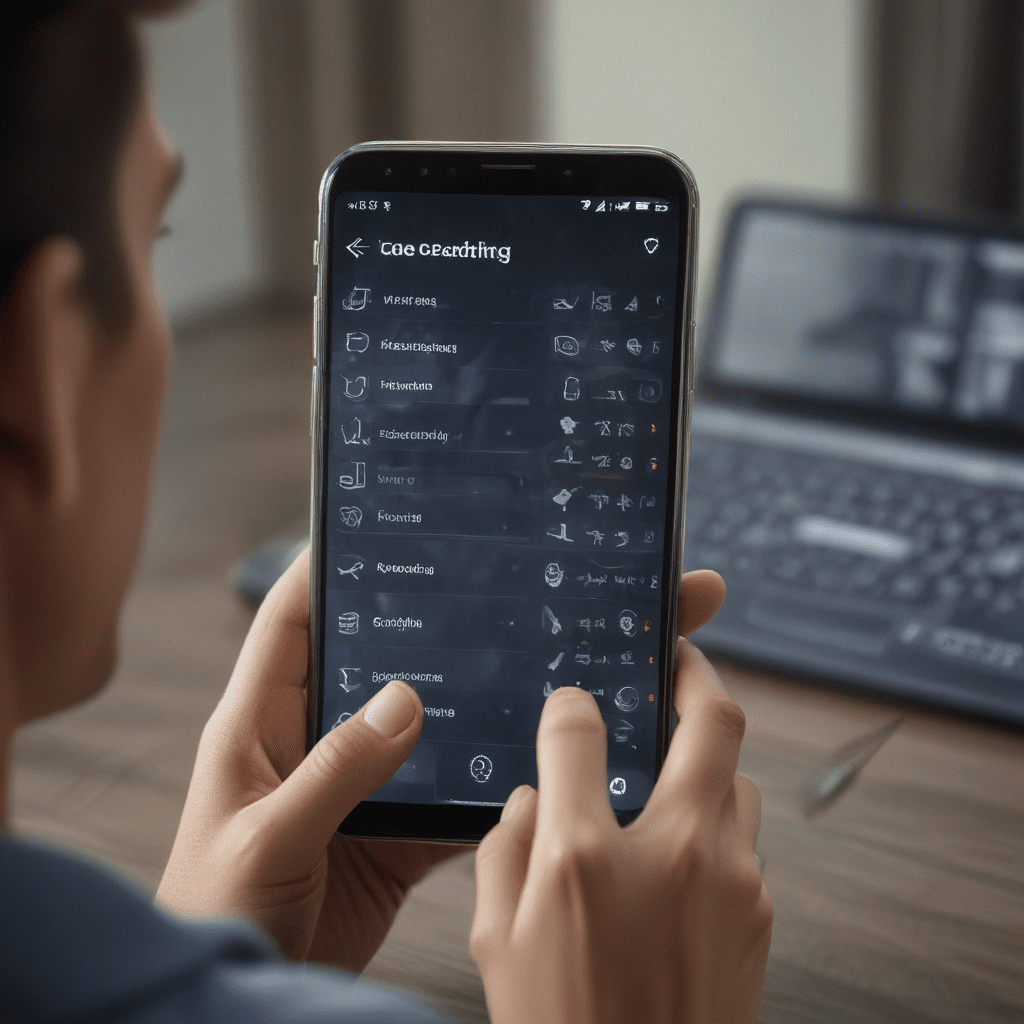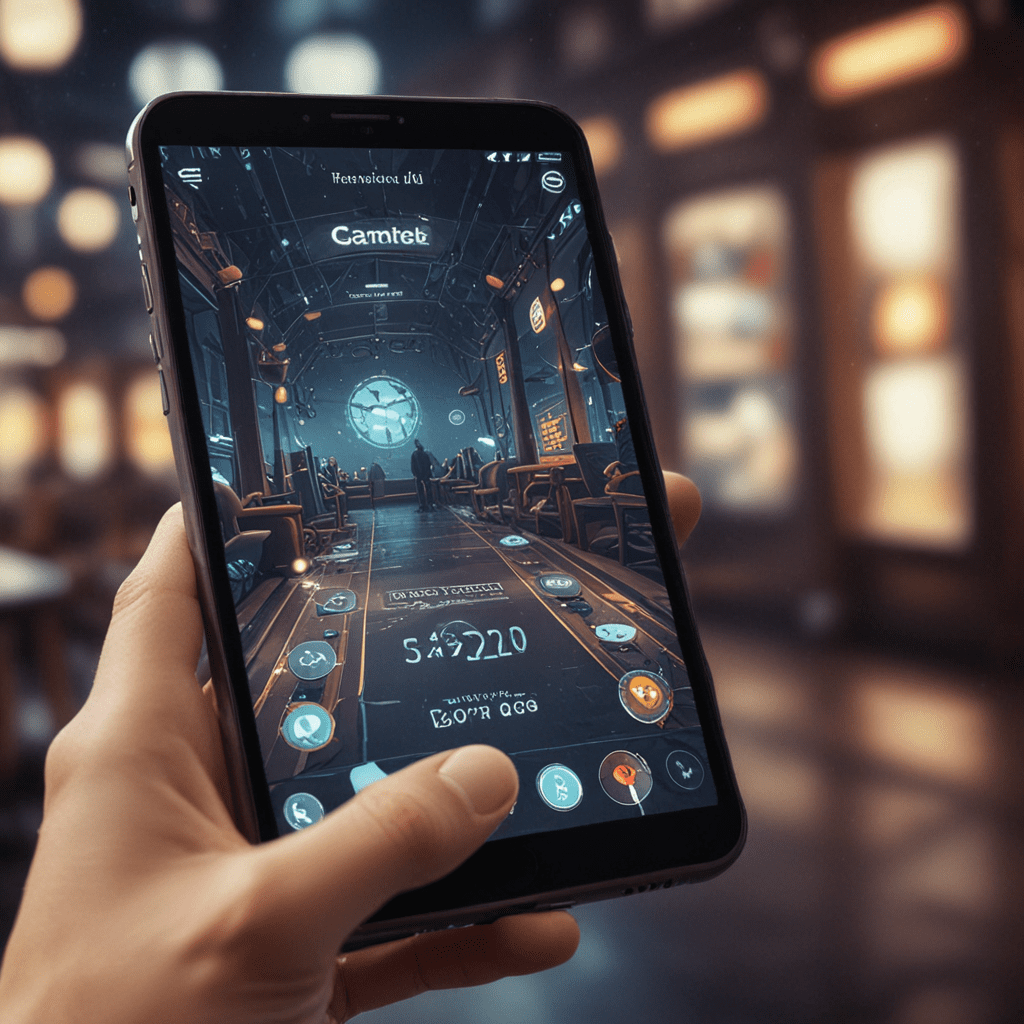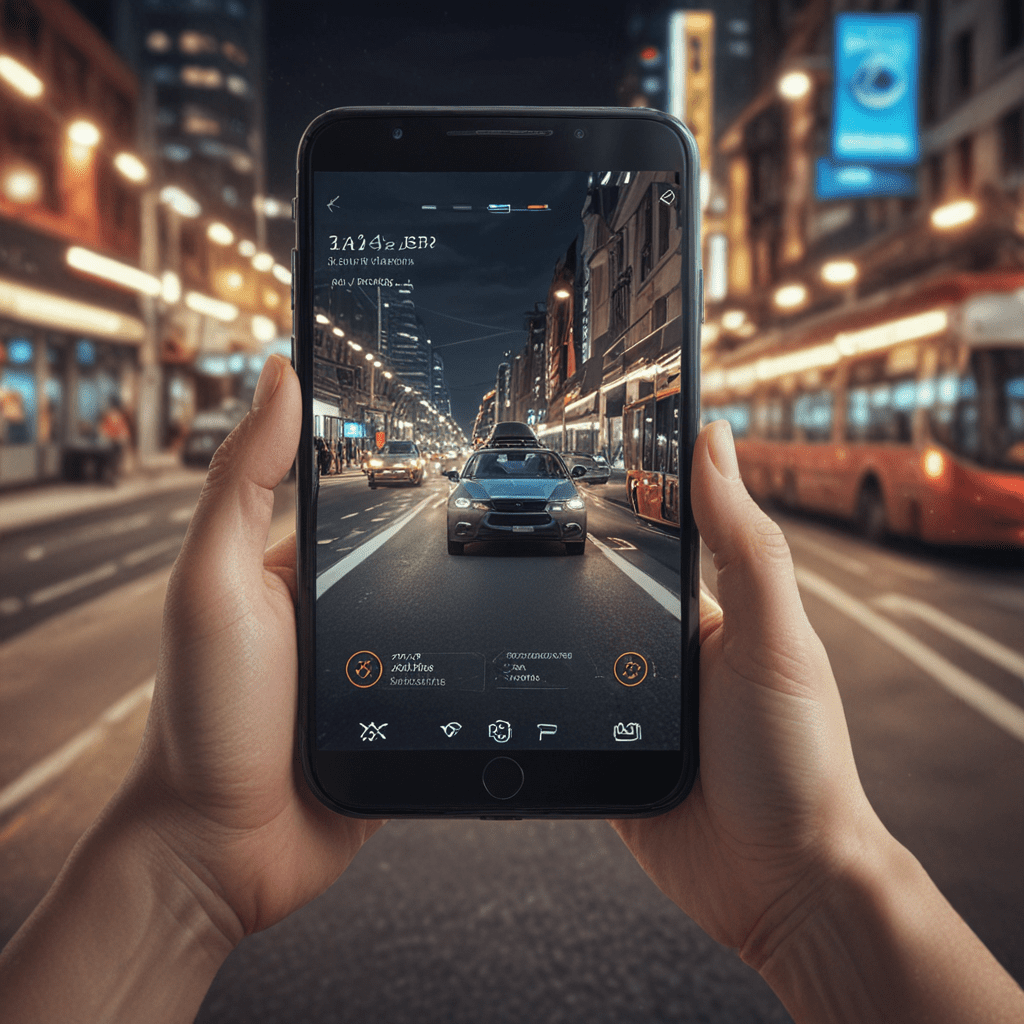1. Introduction: The Rise of Personalized Coaching Mobile Apps
The proliferation of smartphones has revolutionized the way we receive coaching and support. Personalized coaching mobile apps are on the rise, offering users tailored guidance, motivation, and accountability to help them achieve their goals.
These apps leverage advanced technologies to deliver individualized experiences, empowering users with:
- Real-time tracking of progress and behavior
- Personalized content and exercises tailored to specific needs
- Convenient communication with certified coaches
- Access to supportive communities for motivation and accountability
2. Benefits of Personalized Mobile Coaching Apps
Personalized mobile coaching apps offer a multitude of benefits for users, including:
- Enhanced self-awareness and goal clarity
- Improved motivation and accountability
- Increased knowledge and skill acquisition
- Reduced stress and improved well-being
- Greater confidence and self-efficacy
3. Market Trends and Opportunities
The market for personalized coaching mobile apps is rapidly growing, driven by increasing demand for accessible, convenient, and personalized support. Key trends include:
- Integration of artificial intelligence (AI) for personalized insights
- Gamification and social features to enhance engagement
- Focus on mental health and well-being coaching
- Growing adoption in corporate wellness programs
- Partnerships between app developers and coaching professionals
4. Tools and Technologies for Mobile App Development
Developing effective personalized coaching mobile apps requires a combination of programming languages, frameworks, cloud computing services, and mobile app design tools.
Programming Languages and Frameworks:
- Swift (iOS) and Kotlin (Android) for native app development
- React Native and Flutter for cross-platform development
Cloud Computing and Data Storage:
- AWS, Azure, and Google Cloud for data storage and analytics
- Firebase and Parse for real-time data synchronization
Mobile App Design Tools:
- Figma and Adobe XD for user interface (UI) design
- Xcode and Android Studio for app development and testing
5. User Interface and User Experience Design
Creating user-friendly and engaging mobile coaching apps is crucial. Key considerations include:
- Intuitive navigation and clear visual hierarchy
- Personalized dashboards and tailored content
- Responsive design for various screen sizes
- Accessibility features for users with disabilities
- Regular updates and improvements based on user feedback
6. Data Collection and Analysis
Personalized mobile coaching apps rely heavily on data collection and analysis to provide meaningful insights. Key considerations include:
- Tracking user progress, including goal completion, exercise frequency, and behavior patterns
- Using machine learning and artificial intelligence (AI) to analyze data, identify trends, and offer personalized recommendations
- Ensuring data privacy and security, adhering to industry best practices and user consent regulations
7. Coaching Features and Functionality
Effective mobile coaching apps offer a comprehensive suite of features to support users:
- Goal setting and tracking with customizable milestones and progress monitoring
- Personalized content and exercises tailored to individual needs and preferences
- Real-time communication with certified coaches via chat, video, or messaging
- Community and support forums for peer-to-peer interaction and motivation
8. Gamification and Motivation
Gamification techniques can enhance user engagement and motivation in mobile coaching apps:
- Using game mechanics such as rewards, challenges, and leaderboards to foster healthy habits
- Providing social recognition and encouragement within the app community
- Incorporating goal-tracking streaks and progress milestones to sustain motivation over time
9. Trends and Future Directions
The future of mobile coaching apps is promising, with emerging technologies and innovative approaches:
- Integration with wearable devices and Internet of Things (IoT) sensors for real-time data collection and personalized insights
- Focus on holistic health and well-being, addressing physical, mental, and emotional aspects
- Data-driven approaches, leveraging AI to analyze user behavior and optimize coaching interventions
10. Case Studies and Success Stories
Numerous successful mobile coaching apps demonstrate the transformative impact on users:
- Apps like BetterHelp and Talkspace provide accessible and affordable therapy sessions
- Fitness apps such as MyFitnessPal and Headspace help users achieve health and wellness goals
- Productivity apps like Habitica and Todoist enhance time management and habit formation
FAQs
Q: How do I choose the right personalized coaching mobile app?
A: Consider your specific goals, preferences, and budget. Research different apps, read reviews, and look for features that align with your needs.
Q: Are mobile coaching apps as effective as in-person coaching?
A: While mobile apps offer convenience and affordability, they may not replace the personal touch of in-person coaching. However, they can be a valuable supplement or alternative depending on individual circumstances.
Q: How do I ensure my data privacy and security when using mobile coaching apps?
A: Choose apps with clear privacy policies and industry-leading security measures. Regularly review your app permissions and data sharing settings.



